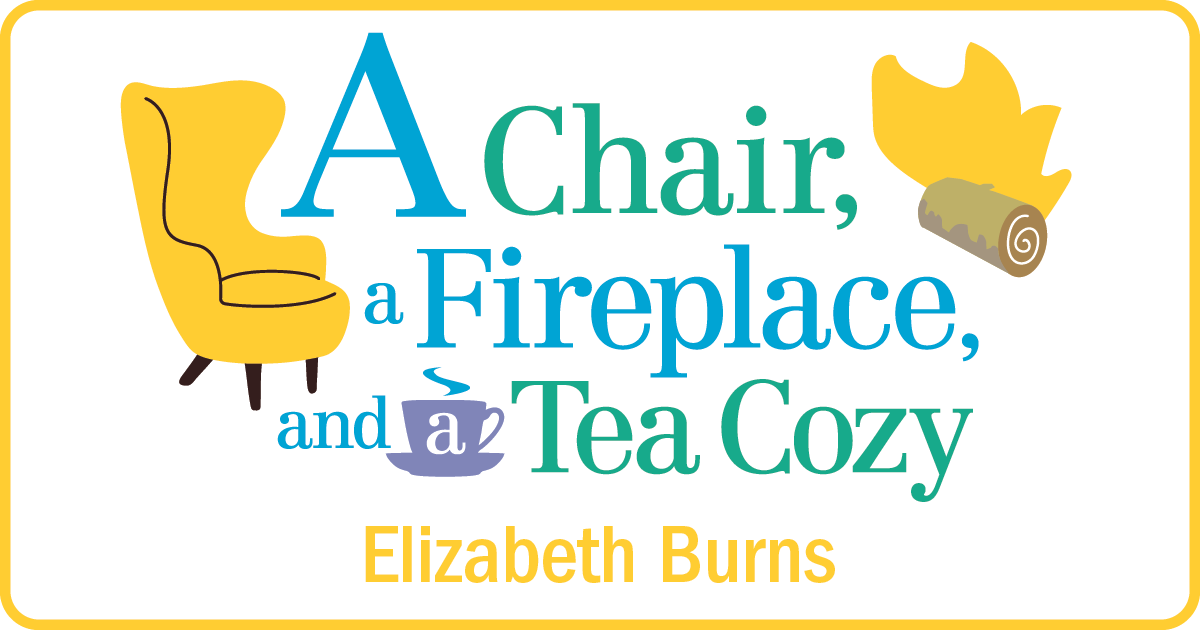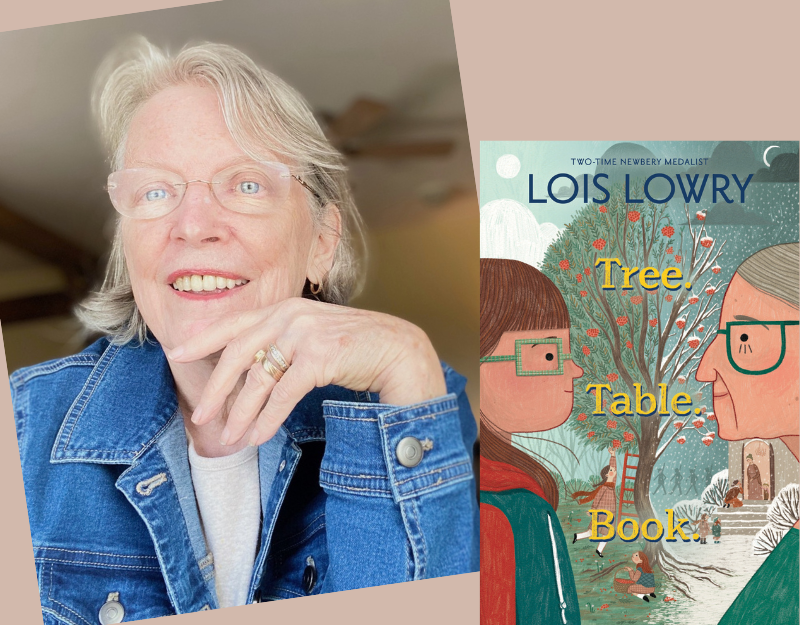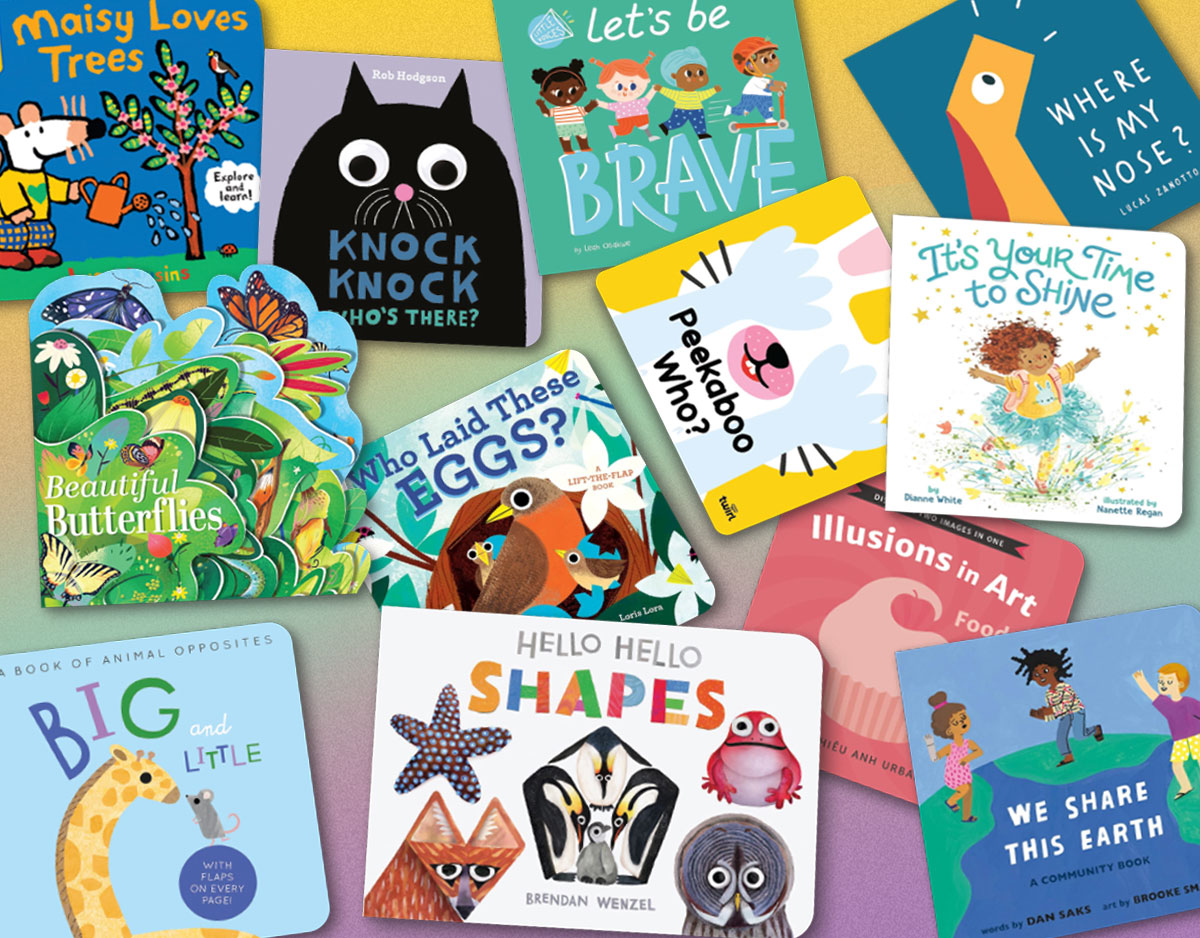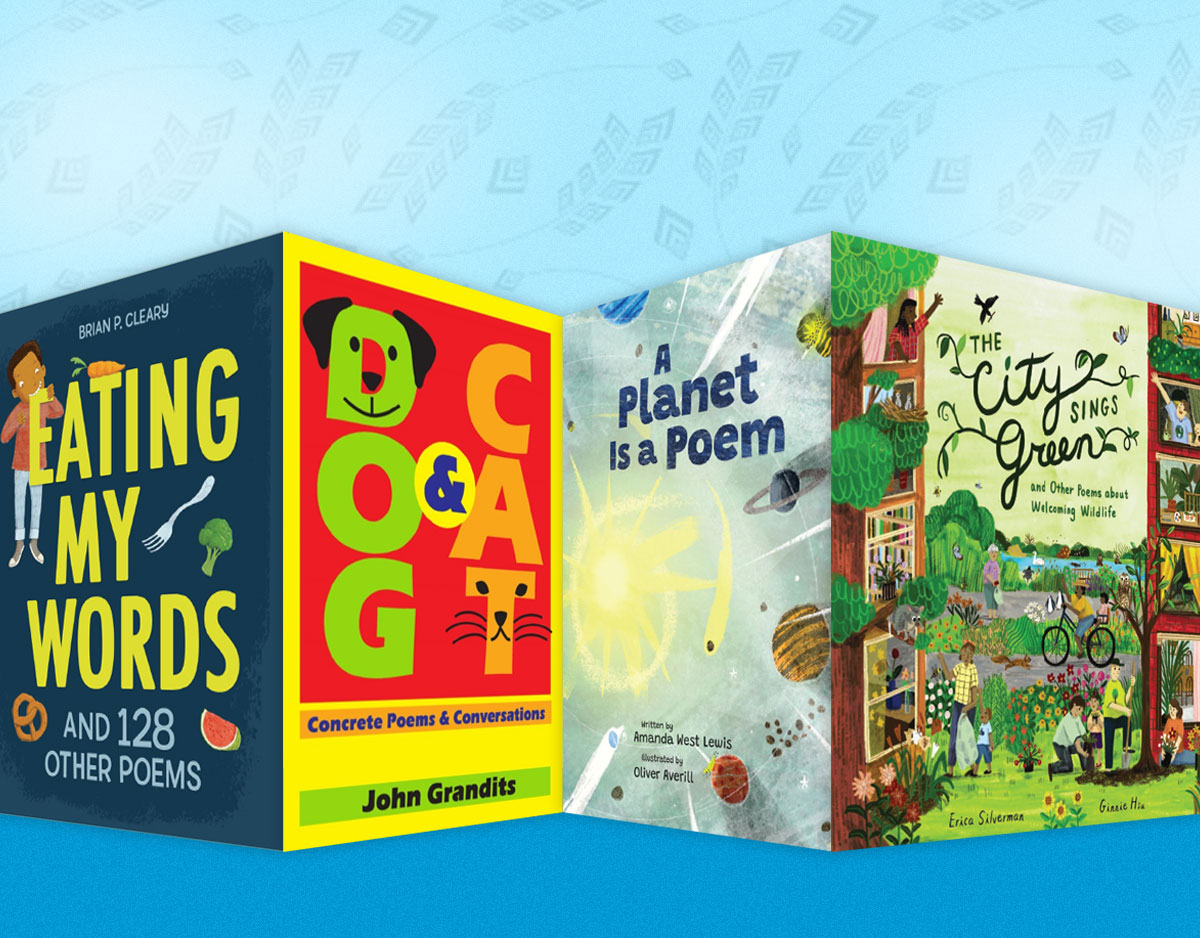SCROLL DOWN TO READ THE POST
Clean Books, Please
Believe it or not, I had this post drafted well before a certain someone said books about rape victims recovering from depression are “filthy.” I offer him profound thanks, for doing such a brilliant job of illustrating the problem with using “clean” and filthy” for describing the content of books.
Now, on with the post!
“I need a list of clean books!” Is the question. You know! The books without anything offensive. Ones that are about family values.
Honestly? I dislike all those terms for defining books.
If it’s not a “clean” book, what is it, dirty? How do I know what offends you? And whose family values?
Let’s start with one of the content issues that people usually mean by “clean.” Sex. And, again, thanks to he who must not be named for using Twenty Boy Summer by Sarah Ockler to illustrate his point. As I said in my review, “this isn’t some book version of a teen sex comedy. Anna’s internal struggle about her loyalty to Matt and her growing attraction to Sam, the summer boy, is respectfully portrayed. Anna and Sam are in many ways the perfect summer romance: teasing, hot, honest, lustful, fun, and any decisions Anna makes are based on what Anna wants, not what someone else pushes.” Readers may disagree with Anna’s choices; readers may decide that for themselves, sex should be saved for marriage; but to label Anna and her choices “filthy” because they are not your choices? No, no, no.
ADVERTISEMENT
ADVERTISEMENT
Sex is not dirty, yet by using “clean” to mean “no sex” the message is clear: sex is dirty! Doesn’t matter if it’s vaguely referred to or done in hot and heavy word by word descriptions, all sex is lumped together as dirty. Many people who champion saving sex for marriage agree that sex is not dirty, they just believe it’s so special and sacred (which, obviously, means “not dirty”) that it’s best saved for marriage.
As for “offensive,” some are offended not at sex in books but irresponsible sex. If the couple doesn’t use birth control? They’re offended. (I know! I wrote this before you-know-who picked on Twenty Boy Summer for the very reason many people embraced it! Instead of portraying “oops, sex just happens, hope I’m not pregnant,” Ockler shows teens who take responsibility for their choices, from beginning to end. Disagree with their choices if you want; but to say it would be better for Anna to risk pregnancy? That unprotected sex is somehow less filthy? I don’t get it.)
As for family values, GLBT families never seem to fall under that umbrella description. How many times does a “clean” book list included GLBT people?
Next on: language! The Guardian just did an entire write up on language in books for children and teens, The Curse of Swearing in Children’s Books. We can all agree that cursing is always “dirty”, right? No. Sometimes cursing in books is defended with, that’s how teens really talk and it needs to be authentic. I’ll see that and raise it: sometimes that is how the parents and those at home do talk. Yes, some parent’s say “for God’s sake” or “oh my God” and don’t see it as cursing. Ditto for using the “that sucks.” Note that the controversy about Lane Smith’s It’s A Book isn’t about a curse, it’s about a word with multiple usages and one, not in the book, is a curse. And before you start thinking, “oh frack, I’ll just use fug,” Todd Strasser points out that substitutions can be viewed as just as offensive as the real thing.
As for family values, this is usually code for 1950s families (two parents, two kids, standalone house), not families who are divorced or have same sex parents or single parents. It can also be code for 1950s gender roles; the original Calpurnia Tate review at Common Sense Media gave the book 2 out of 5 for “role model,” in part for her tomboyish ways. (Note: there is now a new review up, giving it 4 out of 5 and “tomboy” is not mentioned as a negative. Actually, Calpurnia is now praised for her spunk.)
Using and accepting “clean” or “family values” twists and turns perfectly good words. It assumes “we” all agree on x and it’s just the mysterious “others” who insist bad things belong in otherwise perfectly good books. No, we don’t all agree what those words mean when it comes to books.
The danger of using such code words is illustrated with the attack on Speak — Speak is filthy for being about a depressed rape victim. Is it the loss of virginity that makes her filthy? Is it that she kissed a boy that makes her filthy? Is it that she was the victim of a crime? NOTHING about Speak, nothing about Melinda, is filthy. [Edited to correct Melinda’s name.]
I’m not the only one who has concerns about “Clean.” Jo Knowles asked, in “What Is The Opposite of “Clean”” Part II, “I know the people who make “CLEAN BOOKS” lists are well intentioned. This is not an attack or accusation. It’s a plea for all of us to think about the potential power of our words. Couldn’t we think of a better, more accurate term to describe books that don’t contain sex or swears? Because I am very worried that the message, whether intended or not, is that any book that does not fall in this category contains something dirty. So it must be bad. It must be wrong.” Note the “Part II”, because back in May 2007 Knowles challenged us to find a better word than “clean” to describe books. It’s still being used; on listservs, Twitter, blogs, I repeatedly see people ask for and casually use “clean” as short hand for books.
What do you think? How can we move beyond “clean books”?
Filed under: Uncategorized
About Elizabeth Burns
Looking for a place to talk about young adult books? Pull up a chair, have a cup of tea, and let's chat. I am a New Jersey librarian. My opinions do not reflect those of my employer, SLJ, YALSA, or anyone else. On Twitter I'm @LizB; my email is lizzy.burns@gmail.com.
ADVERTISEMENT
SLJ Blog Network
The Moral Dilemma of THE MONSTER AT THE END OF THIS BOOK
Cover Reveal and Q&A: The One and Only Googoosh with Azadeh Westergaard
Winnie-The-Pooh | Review
A Reading Community: A Love Letter to Local Independent Bookstores, a guest post by Heather Del Piano
The Classroom Bookshelf is Moving
ADVERTISEMENT
ADVERTISEMENT







